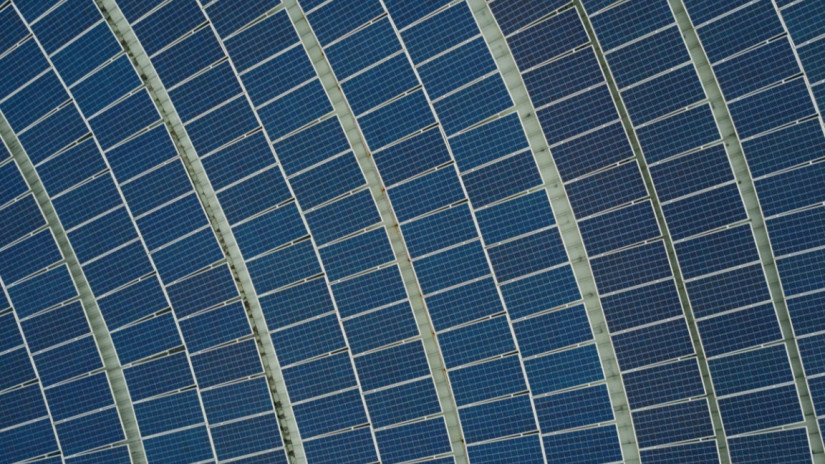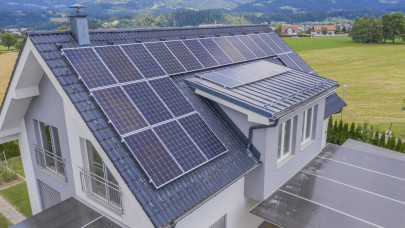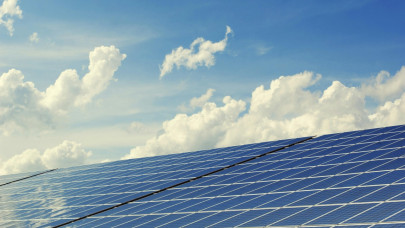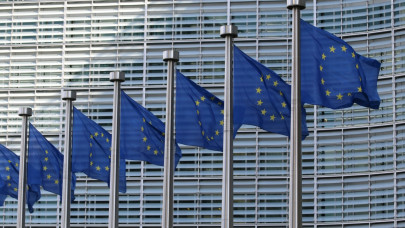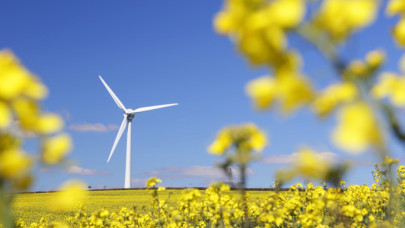Energy storage, including battery energy storage systems (BESS), can play a crucial role in overcoming gridlock challenges, which have become acute in many mature markets. This edition of RECAI closely examines BESS, exploring how it can provide profitable opportunities for discerning investors.
"Romania has climbed three positions in EY's global ranking, now at 36th place, thanks to announced funding programs and offshore wind energy legislation. There is significant potential for further growth through obtaining European guarantees of origin certification and facilitating battery energy storage, factors that could lead to even higher rankings in future editions of the report," said Mihai Drăghici, Partner, Consulting, EY Romania.
As renewable energies proliferate and electrification increases, BESS will play a critical role in a dynamic energy system, smoothing demand peaks and contributing to deferring the costs of grid expansion and modernization. The United States, bolstered by a 30% tax credit under the Inflation Reduction Act, leads EY's new ranking of the world's most attractive markets for BESS investments. China, supported by strong government backing, subsidies, and plans to reduce BESS costs by 30% by 2025, closely follows in second place. The United Kingdom ranks third, with a sophisticated energy market framework and new energy legislation classifying BESS as a production asset. Global BESS implementation is expected to quadruple between 2023 and 2030, reaching 572 GW/1,848 GWh.
In this edition of the RECAI index, the top positions are held by the USA, China, and Germany, where investors are drawn by both clear renewable energy demand and established project value. Network constraints in Spain (12th place) have pushed it out of the top 10, while Canada (9th place) and Japan (10th place) have entered due to clear intentions to maximize offshore wind potential. Significant movements in the index include Belgium, rising four places to 17th, aiming to triple offshore wind capacity by 2040. Argentina has climbed three spots to 26th, driven by the new government's commitment to revive the economy. Changes in solar feed-in tariffs have caused Vietnam (39th place) to drop six spots.

